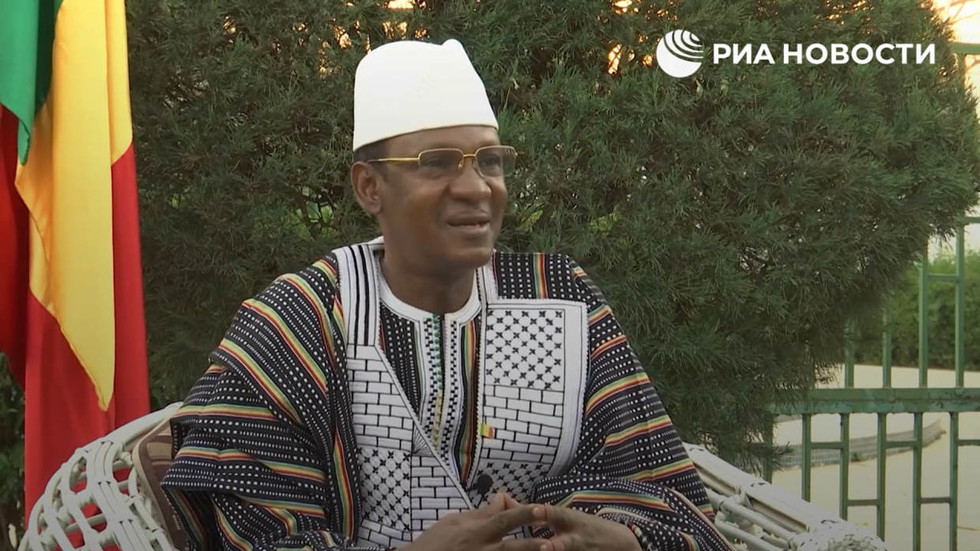There were tears, anger and frustration as many Conservative lawmakers digested their PM
Rishi Sunak
's decision to call the
UK elections
on July 4, much earlier than they had ever expected.
Some of those fighting to retain their seats feared the six weeks left to convince skeptical voters to back them would not be enough. For others planning to stand down, it meant an abrupt end to their
political careers
, forced to clear out their offices months earlier than planned.Trailing Labour by over 20 percentage points in polls, Sunak, analysts said, is betting that the Tories can cut their losses by facing the voters.
But a grassroots Conservative campaign coordinator said that the morale was the lowest he had known in five decades. Tory members of parliament seem to share this sense of futility: 78 of them have opted not to contest their seats, an exodus that includes Michael Gove, who once vied for party's top post and has been at the heart of nearly every Conservative-led govt since David Cameron's in 2010. Other high profile figures who have announced they will not seek re-election include former PM Theresa May, Northern Ireland minister Chris Heaton- Harris, ex-armed forces minister James Heappey and ex-defence minister Ben Wallace.
The number of Tories exiting is more than the previous post-1945 high of 72 who quit prior to Tony Blair's 1997 landslide win for Labour, which is expected to triumph again. The departures add to a feeling that the Conservatives are on track to be kicked out of power after 14 years, although Labour require a big swing to secure a majority. Sunak's decision to go to the polls early has triggered fears that he's leading the party to one or more "Portillo" moments - when a Tory big beast loses a safe seat in an election whitewash - named for the time cabinet minister Michael Portillo lost in Enfield Southgate in 1997.

 5 months ago
28
5 months ago
28






